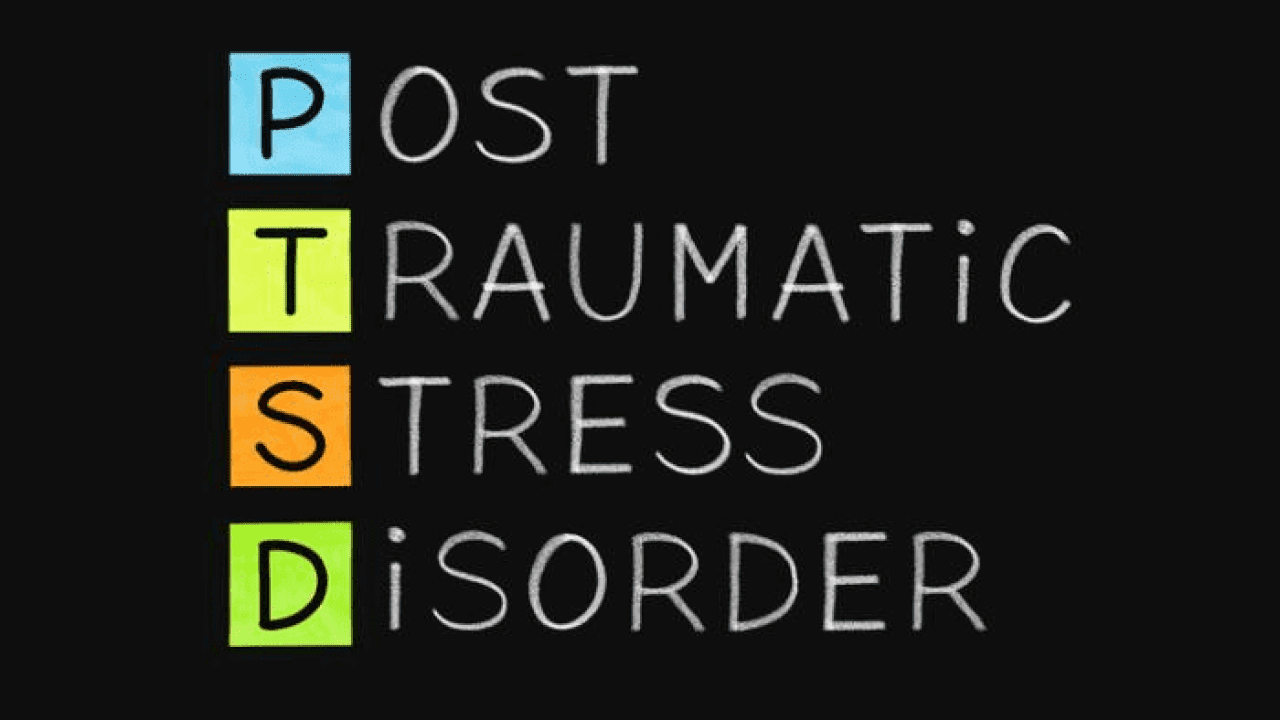It is estimated that up to 20-percent of all people who have experienced a traumatic event go on to develop post-traumatic stress disorder (PTSD). The Diagnostic and Statistical Manual of Mental Disorders, Fifth Edition, Text Revision defines trauma as “exposure to actual or threatened death, serious injury, or sexual violence.” The traumatic event may be directly experienced, witnessed first-hand, or could happen to a loved one.
People exposed to gun violence are at particularly increased risk of developing PTSD. Gun violence is oftentimes unpredictable, uncontrollable, and can leave people feeling fearful and anxious for their safety long after the traumatic event is over.
Some typical symptoms of PTSD include:
1. Distressing memories, nightmares, or flashbacks of the traumatic event.
2. Avoidance of reminders of the traumatic event, such as certain people, places, conversations, activities, objects, or situations.
3. Change in mood or cognition associated with the traumatic event. This could include problems with memory, development of negative beliefs or expectations about oneself, feelings of detachment or estrangement from others, or even inability to experience positive emotions.
4. Changes in behavior associated with the traumatic event including difficulty sleeping, anger outbursts, exaggerated startle response, and sometimes engagement in self-destructive behaviors.
In the aftermath of a traumatic event such as gun violence, it is important to monitor for symptoms of PSTD and seek professional help if needed. In addition, the following coping strategies may be helpful:
1. Reaching out to loved ones and maintaining social connections in the community as much as possible.
2. Mindfulness, meditation, and physical activity to reduce anxiety and the body’s stress response.
3. Avoidance of unhealthy coping strategies such as alcohol or drug use.
Spectrum Health is here to help. There are counselors (from Spectrum Health, Endeavor Health Services, BestSelf, and Crisis Services) at the Drop-in center organized by the Erie County Department of Mental Health at the Johnnie B. Wiley Pavilion at 1100 Jefferson Ave. in Buffalo every day from 3pm to 7pm to Friday, June 3. Our NY Project Hope crisis counselors are available Monday through Friday, 8am to 9pm at 716 566 6506. Our 24/7 Help line is always open at 716 710 5172. Youth may feel the impact of PTSD, too: our C.A.R.E.S. crisis line for available at 716 882 4357. Please contact us if you or a loved one is experiencing symptoms of PTSD.
Nilofar Sarvaiya, MD
Medical Director
Spectrum Health and Human Services


